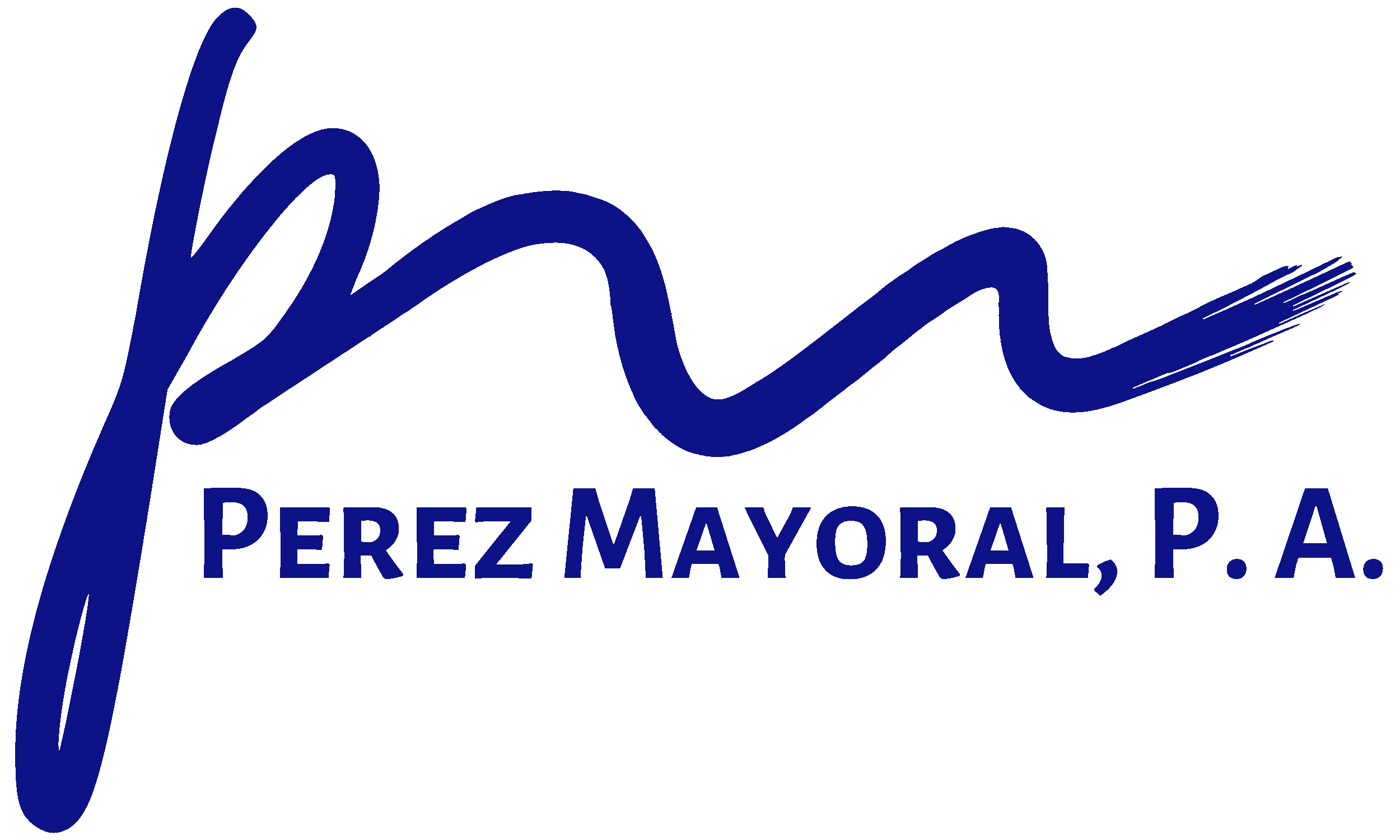Florida law does not contain many protections for tenants. For example, our state does not limit how much a landlord can raise the rent for a tenant. Many other details are also left up to the landlord, which is why people and companies find Florida to be a “landlord-friendly” state.
A Florida landlord and tenant litigation attorney can explain your legal rights and obligations as a landlord. Also, we can answer questions like, “Can a month to month residential tenant challenge a rent increase?”
When a Tenant Can Challenge a Rent Increase
A landlord in Florida is supposed to give tenants with month-to-month leases at least 15 days’ notice before imposing a rent increase. If the landlord gives less notice than the required 15 days, the tenant has two options:
- Agree to the rent increase despite the lack of proper notice, or
- Challenge the rent increase for failing to comply with the requirement of 15 days’ notice.
If the tenant challenges the rent increase on the grounds of insufficient notice, the landlord could resolve the matter easily by making the effective date of the rent increase later.
When a Tenant Cannot Win a Challenge to a Rent Increase
People who move to Florida from other states might incorrectly assume that they will have the same rent increase protections they enjoyed elsewhere, but that is not the case in our state. For example, in New York, a landlord cannot the rent on a rent-stabilized apartment more than 1.5 or 2.5 percent, depending on the length of your lease. There is no such restriction in Florida. We do not have rent control ordinances or state laws.
If a tenant tries to challenge a rent increase on the basis that the rent increase is too much, the tenant will lose that argument. The landlord can charge as much rent as they can get people to pay. If a tenant objects, they will have to move out and try to find a more affordable place to live. Some landlords in Florida raised their rents as much as 30 percent in 2021.
The only time that a landlord could get into trouble for increasing the rent is when there is a declared state of emergency that would make the landlord subject to Florida’s price gouging laws. Those laws restrict increasing the price of essential and necessary items within an area impacted by the emergency.
Can the Landlord Increase the Rent During the Lease Term?
Usually, the lease prohibits the landlord from raising the rent until the lease term ends. Even if the lease agreement contains some language that could allow the landlord to increase the rent during the lease term, Florida landlords typically do not apply rent increases at the current lease term is over.
Can It Ever Be Illegal for a Landlord in Florida to Raise the Rent?
Yes. A landlord is not supposed to charge one rental amount to one tenant and a higher amount to another tenant in an identical apartment based on illegal discrimination or retaliation. If a tenant exercises tenant rights, the landlord is prohibited from punishing the tenant by raising the rent for that person. Also, a tenant should not get charged higher rent because of being a member of a protected class, like disability, sexual orientation, race, religion, or other protected groups. A landlord and tenant litigation attorney can help you stay in compliance with the laws that govern rent increases. For legal help get in touch with our office today, we gladly offer a free consultation.


